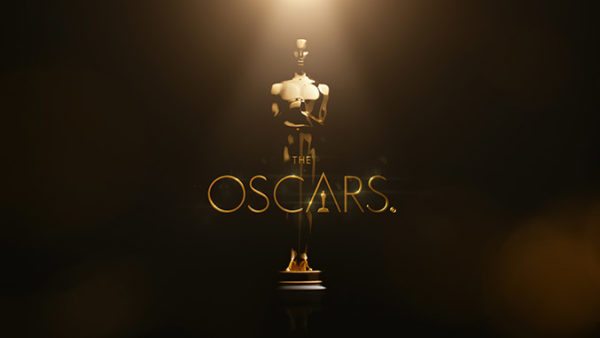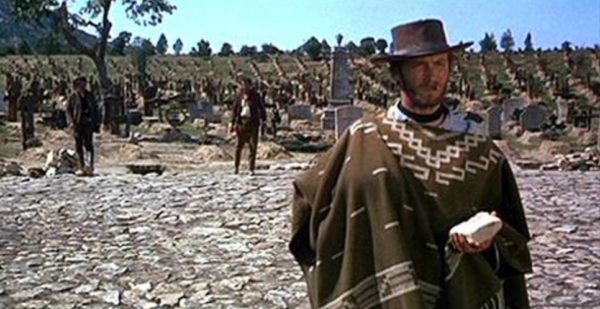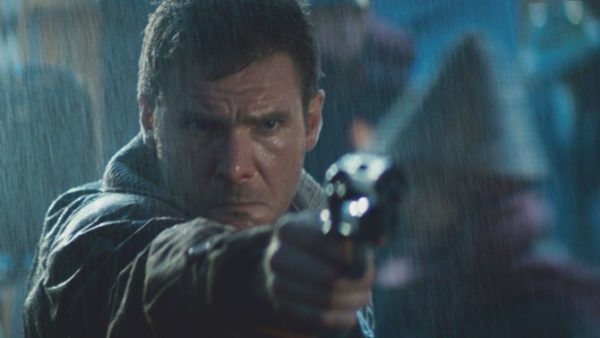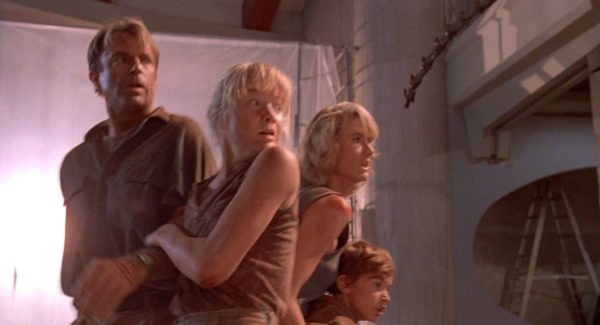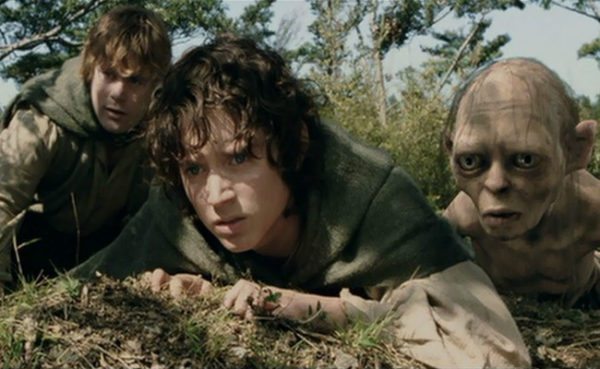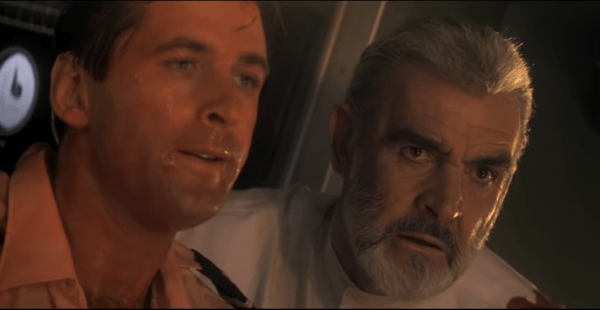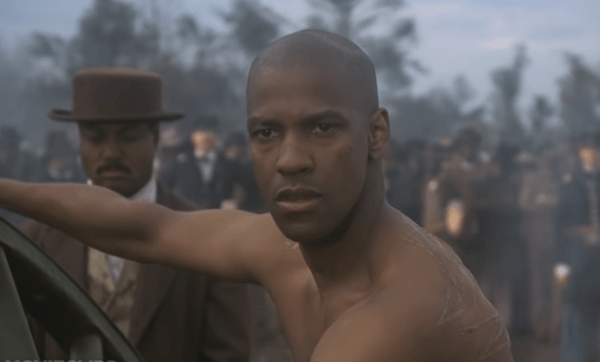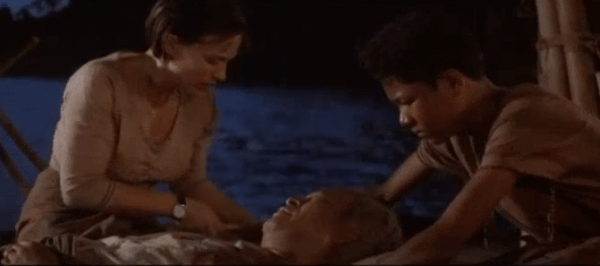Hasitha Fernando with ten great film scores that should have been Oscar nominated but weren’t…
The awards season has officially drawn to a close, culminating with Sunday’s Academy Awards. And like every year, there are snubs and surprises galore interspersed with a handful of sure-fire predictable wins. The category of Best Original Score isn’t one that is immune to this cruel fate either. In this article we explore a few amazing films scores that deserved to be nominated over the years, but were completely and utterly ignored by the Oscars.
Psycho (Bernard Herrmann, 1960)
Alfred Hitchcock’s Psycho has often been ranked as one of the greatest films of all time. And quite rightly so. It was one of the most fiercely original productions of its era, which set new precedents with what was considered taboo in the film industry of that time period, especially with regard to violence, sexuality and deviance. In recognition for its groundbreaking achievements the film was blessed with four Oscar nominations. But none were in acknowledgement of composer Bernard Herrmann’s outstanding musical contribution; even though the film owed much to it. Psycho’s pervading sense of doom, nerve-racking suspense and shocking scenes of violence were augmented hundred folds by Herrmann’s effort, of that there is no doubt. Just try re-watching the infamous ‘shower scene’ without the score, and you’ll understand what I’m talking about. Although the film’s music went on to receive critical and audience acclaim later on, it’s a goddamn shame that Herrmann didn’t get due recognition at that point in time; for what would go on to become one of the most memorable horror-film scores of all time.
The Good, the Bad & the Ugly (Ennio Morricone, 1966)
When A Fistful of Dollars was in production during the 1960’s, Italian film composer Ennio Morricone didn’t have access to a full-scale orchestra due to budgetary limitations. As a result, he resorted to using extremely unconventional methodologies to bring to life his version of the Western soundscape. It was a far cry from the more traditional orchestral heavy sounds of other Westerns in that era, but his unorthodox approach helped define the Spaghetti-Western sub-genre and it was with The Good, the Bad & the Ugly, that he delivered his pièce de résistance. Recognized now, as one of the greatest instrumental scores of all time, it didn’t receive any attention from major awarding bodies back in the day. But I really don’t know which is more shocking; the fact that this film failed to receive an Oscar nod or the fact that it took the Academy 50 years…that’s right, 50 long years to deem this musical genius worthy of an award in 2016, for Quentin Tarantino’s The Hateful Eight. And that too, was ‘after’ awarding Morricone with an Honorary Oscar in recognition for his body of work in 2007. Ouch. Oscar is pretty weird like that.
Blade Runner (Vangelis, 1982)
Vangelis followed up his Oscar winning work on Chariots of Fire with one of the most influential film scores of all time in Ridley Scott’s genre-defining sci-fi opus Blade Runner. But of course, he received no nomination for his stellar work here. Even the film, by and large, received a rather tepid response when it opened back in the early 80’s. Only later was it reevaluated and its significance appreciated, by film critics and audiences alike. Likewise, it’s quite possible that even the Academy didn’t quite ‘get’ what Vangelis has accomplished here, which resulted it not being nominated, despite garnering nominations for Best Score at the BAFTA’s and Golden Globes. Perhaps it was a bit too ‘unconventional’ by the Oscars standards, who knows? The tragedy of it is this: the efforts of this reclusive Greek composer is limited to less than ten films, and Blade Runner just happens to be one his greatest achievements.
Jurassic Park (John Williams, 1993)
Yes, you’ve read that correctly. John Williams did not receive an Oscar nomination for Jurassic Park. Granted, the juggernaut of a shadow cast by his devastatingly beautiful score for Schindler’s List certainly complicated things. But I mean come on, seriously? The man has been nominated multiple times in a single year on multiple occasions – a total of seven times before 1993 to be exact, so that can’t be it. Up until that point, blockbuster franchises such as Star Wars, Indiana Jones, Superman and Home Alone, for which Williams’ composed music for, have all been bestowed with honors in the form of Oscar nominations. So, what happened here? I guess we’ll never have an answer for that. Perhaps the groundbreaking CGI which received the lion’s share of the attention, is to blame. I don’t know. Regardless, Jurassic Park still remains one the greatest sci-fi fantasy scores to come forth from the 90’s. An era defining masterpiece whose magical legacy continues to live on. This is without a doubt the most glaringly perplexing omission ever to be committed by the Oscar awarding body, and one that will forever be a source of mystery to me.
The Lord of the Rings: The Two Towers (Howard Shore, 2002)
Howard Shore deservingly walked away with an Oscar for his monumental contribution in creating the soundscape of Middle-earth, in Fellowship of the Ring. To imagine Shore’s score without it, is even unthinkable. Yet the most damning drama took place one year later, following his win. In a nutshell, Shore was denied an Oscar nomination for his efforts for The Lord of the Rings sequel based on the fact that it was deemed ineligible by the music branch of the Academy of Motion Picture Arts & Sciences. And their justification was, that the near three-hour score for The Two Towers contained themes from the previous film. Confused yet? I know I was. Barring the fact that a vast component of this epic score was original, the fact that it was ruled-out in the first place, based on such an idiotic rule, was a real WTF moment back in 2002.
Batman (Danny Elfman, 1989)

When Tim Burton’s Batman was released in 1989, it took the box-office by storm, instantly earning the love of both hard-core comic book aficionados as well as people unfamiliar with said property. One of the most iconic aspects of this new take on the caped crusader was its Wagnerian dark gothic score composed by Danny Elfman. But although John Williams’ effort for Superman received an Oscar nod in 1978, Elfman did not merit a nomination for his tremendous work here. The film went on to deservedly win an Oscar for Best Art Direction and… that was it. In a year which saw Alan Menken walk away with the Best Original Score Oscar for Disney’s The Little Mermaid, it’s safe to assume that something went wrong somewhere for Elfman to not secure a nomination for his genre defining contribution.
The Hunt for Red October (Basil Poledouris, 1990)
This 1990 American submarine spy-thriller film helmed by veteran action director John McTiernan was an adaptation of Tom Clancy’s bestselling novel of the same name. At the time of its release it was received well by critics and audiences both, who praised the film’s technical achievements as well as Alec Baldwin’s standout performance as covert agent Jack Ryan. Poledouris whose previous efforts have been the likes of RoboCop and Conan the Barbarian really stepped up to the daunting task, truly delivering one of his finest efforts here. The seamless blend of choral, orchestral and synthetic elements is absolutely sublime. Just listen to ‘The Hymn for Red October’ and you’ll get an idea as to what I’m talking about. But once again, the Oscars’ turned a blind eye (or ear) and in doing so failed to recognize one of the most memorable scores to come forth from the 90’s.
Glory (James Horner, 1989)
Edward Zwick’s American epic civil-war film Glory, was based upon the Union Army’s second African-American regiment and their heroic actions at the Second Battle of Fort Wagner. Critically lauded for its poignant storytelling and strong performances it went on to bag multiple Golden nudies including a win for Denzel Washington in the Best Supporting actor category. Sadly, fate wasn’t too kind to James Horner, the man who composed the beautifully sweeping score for the film. He did however nab a nomination for the fantasy-drama Field of Dreams the same year, but come on, seriously? All it takes is just one listen, to determine which was the superior work. And in this instance, it is Glory that should have been chosen over Field of Dreams, no doubt about it.
Beyond Rangoon (Hans Zimmer, 1995)
Nowadays there’s nary a film score that doesn’t come under the purview of film composer Hans Zimmer. For better or worse, he’s changed the face of his industry forever. But back in the early and mid-90’s he was an up and coming talent, which pretty much meant that some of his efforts went under Oscar’s radar. And that’s genuinely sad, because in my opinion, some of Zimmer’s best efforts actually hailed from this period. While 1994’s The Lion King swept awards season the year before and Crimson Tide received praise the year after, it is the talented musicians’ effort for this particular underrated film that truly should have garnered a nomination. This was Zimmer before he allowed his overly obnoxious synthesizers to take greater prominence. This was Zimmer striking the ideal balance. But alas, it didn’t get the attention it deserved. And thus, one his finest work went unacknowledged.
The Ghost and the Darkness (Jerry Goldsmith, 1996)
Ah, the 90’s. This was undoubtedly the era in which some of the best film scores were produced. Jerry Goldsmith is one of those rare breeds of composers who, having made his start in the early 60’s-with such acclaimed scores as Planet of the Apes, Patton, Chinatown and The Omen-continued to churn out amazing music till the late 90’s. His body of work can be compared with only the likes of John Williams or John Barry, who are also of the same vintage. But in my opinion, he was unfairly robbed of a nomination for his music here, with The Ghost and the Darkness. Blending African chanting and exotic indigenous instruments effortlessly with Western orchestral elements, Goldsmith created one of the most unique ethnically charged, action-horror scores of all time. The film won an Oscar for Best Sound Editing in 1997, but it’s a damn shame Goldsmith’s work was unappreciated during awards season.
Hasitha Fernando
